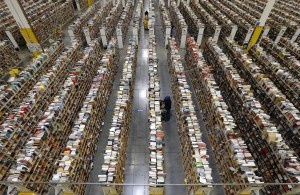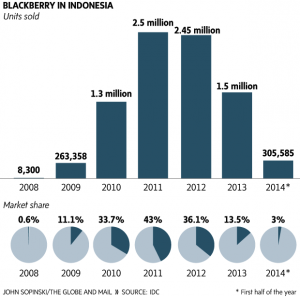First and foremost, although the United Nations and social enterprises such as UBC’s Arc Initiative share a similar goal in creating social change in the world, they achieve their respective goals in a different manner. The purpose of the UN is to create international peace and security, while promoting culture, individualism, and fundamental freedoms. Collectively, the 193 participating nations and partners embark on “multi-stakeholder initiatives” around the world, with the focus of fostering the aforementioned values. So why would we need social enterprises if the UN exist and is fully funded?
The UN is always in the midst of amendment: they solve prevailing problems and inequalities in the world by either getting their hands dirty or by pumping money, necessities, or whatever it may be into the struggling community. In contrast, social enterprises find solutions to global problems through innovation. For example, Jim Frurchterman promoted the use of technology to confront human rights issues. This form of innovating from within and listening to individual voices is what makes programs such as Arc Initiative invaluable to society and therefore needed even if the UN is fully funded.
The qualities of a social entrepreneurs include being ambitious, mission-driven, strategic, resourceful, and results orientated. These qualities resonate within Sauder students and that is why students like Arielle Uwonkunda, through her “renaissance trip,” have already become young and impactful social entrepreneurs. For these reasons, social enterprises and entrepreneurs are quintessential in cultivating growth and solutions to the world and to the individual.






